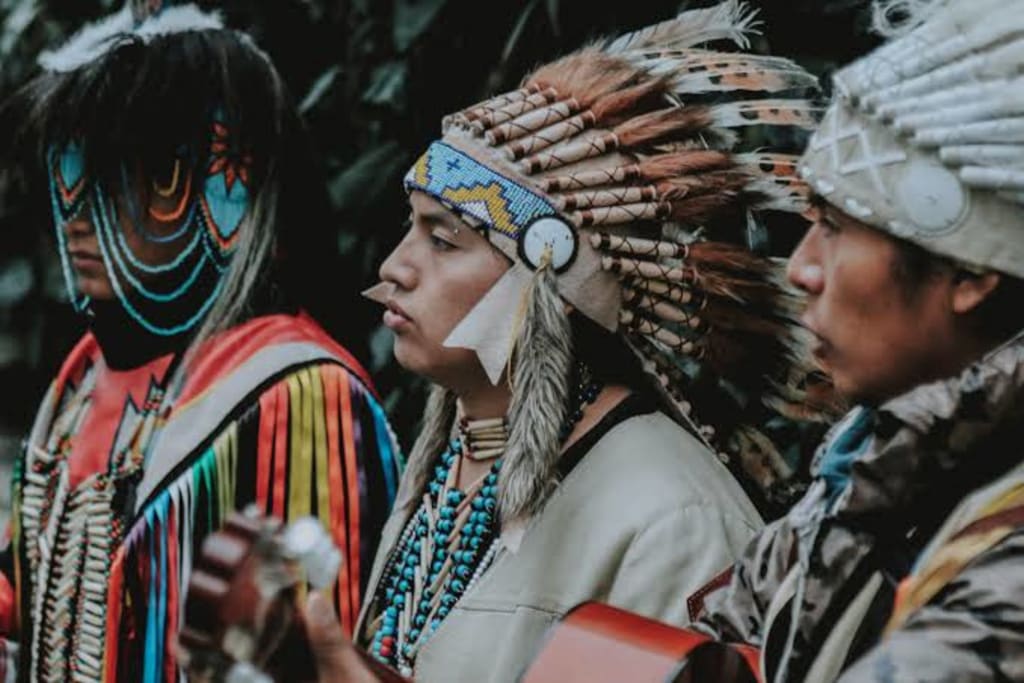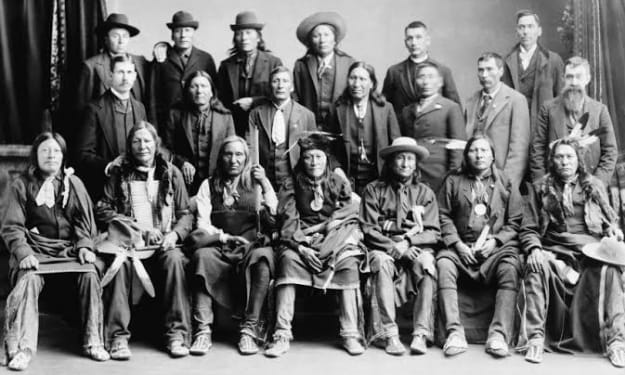The Tale of the Native North America
North America

This panoramic observation of native North American records has great honesty and scope.
I appreciate the chutzpah of this ebook. At a time whilst dialogue of Native American history is hotly contested as by no means before, J.C.H. King has produced an explicitly western, door-stopping, piecemeal, submit-touch panoramic definition of local American cultural history. The ebook is nineteenth-century in tone, the use of the language anthropologists used prior to the upheavals of the 1960s to assess the achievement of ‘local the united states’ on the subject of collections of peoples throughout time from other continents.
Happily, the author deems local America a fulfillment. Why? Because it ‘flourishes as a phenomenon in each the creativeness and the mind’ and ‘presents a touchstone of identification: about who we westerners are and especially who we are not’. Indians the world over will no doubt be relieved at having surpassed this check. You can still most effectively believe their reaction to being reassured that they have helped the West with its ongoing issues imagining itself.
But, given that the simple facts of Indian dispossession and cultural resilience are so regularly neglected, this ebook is to be welcomed. Parts are specially rewarding and interesting because of the precise attitude of its author: King spent 30 years as curator of the North American collections at the British Museum and is now the inaugural Von Hügel Fellow on the Museum of Archaeology and Anthropology in Cambridge. His bankruptcy on ‘art and Materiality’ is deeply considerate, with a fascinating discussion of Indian structure.
King is likewise mainly sturdy on how Indians, while valuable to countrywide narratives, have tended to get left out, as when the Gila River local parent Ira Hayes (1923-fifty five) appeared elevating the flag at Iwo Jima or while local ballerinas, or people stars, along with Buffy Sainte-Marie, have accomplished essential successes as performers. King’s widespread travels and lengthy enjoy as a curator have fostered an attention of factors that more conventional narratives generally tend to downplay, together with the significance of oratory and eloquence inside native histories and the contemporary profound threats to the survival of native North American languages. His is a awareness attuned to the top notch inside indigenous groups and this lets in him to usefully pinpoint gaps and comparisons others do not see. Possibly remarkably, he shows an unblinkered information of non-indigenous museums and of the reasons in the back of their ongoing resistance to giving lower back the Indian fabric lifestyle this is so frequently central to their displays.
That is a book for dipping into since it lacks an normal narrative thrust, other than the idea that local the united states has been a fulfillment. It has no conclusion. It's far possibly first-rate that the statistics inside it's miles used as a springboard for similarly look at, considering sweeping generalizations are often made which are later undercut with the aid of next evidence and statements (as, for instance, within the discussion of Indian numbers through the years). Perhaps unavoidably, given the brilliant range of intervals and areas discussed and the writer’s reliance on internet resources, some actual mistakes or confusions arise (e.G. The anthropologist Lewis Henry Morgan become no longer a soldier serving with Ulysses S. Grant within the Civil conflict, the Lakota chief red Cloud became now not at Little Bighorn in 1876). Those are much less of a challenge than the e book’s larger, elaborate interpretative glosses. It's far difficult, for example, to concur with the author’s rosy photograph of on line casino economics and its impact on local communities, or to agree that ‘technological know-how and the observe of aboriginal the us’ started out with Thomas Jefferson.
The writer conflates time whilst discussing native america (the use of what contemporary anthropologists name the ‘ethnographic gift irritating’) and he makes extraordinary remarks about the paintings of Edward said. Contra said, King argues, ‘Indianness and Indian identification are a middle aspect of countrywide identity, the subaltern survivor mutating and mimicking overarching society, subverting national traits, of american liberty and additionally of Canadian equity’.
Some humans could be up in hands approximately this e-book as it has the homogenizing but bitty nature of a museum display, however i am grateful that a book of such topical scope exists. The author wrote it due to the fact he changed into aware about how little he had recognised approximately the local cloth subculture he had curated for many years. Few are capable of such highbrow honesty.





Comments
There are no comments for this story
Be the first to respond and start the conversation.